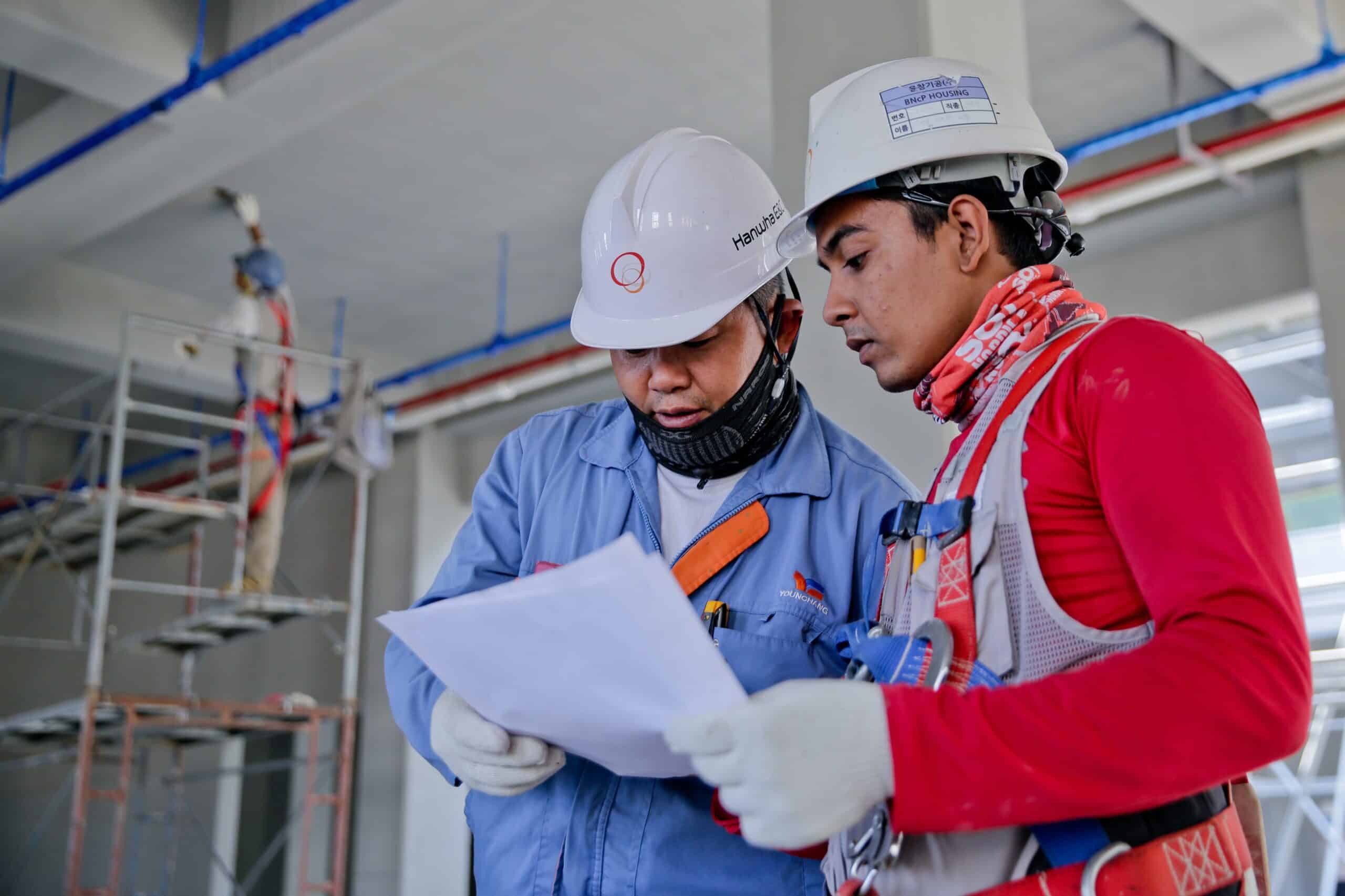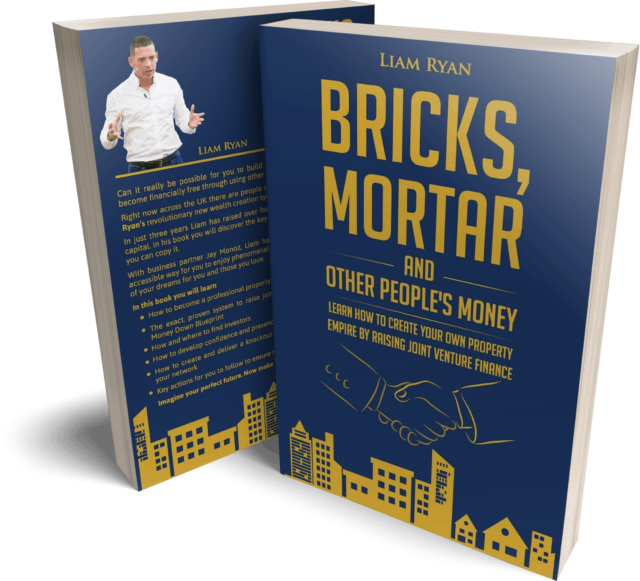Discover the best UK cities to invest in property in 2026, with strong rental demand, high yields, regeneration and growth potential.
Read More
Are you a property investor, home owner or newly established in the world of real estate development?
Table of Contents
Toggle
If so, then it’s likely that you’ve heard about MMC (Modern Methods of Construction) and how it can benefit your projects. But what is MMC exactly? In this blog post we will explore the basics of MMC and examine why it has become such an attractive option for developers around the globe.
We’ll look at its advantages for investors and developers alike as well as provide practical advice on how to get started using modular or manufactured construction methods.
MMC stands for Modern Methods of Construction, and it’s been gaining popularity in the construction industry over recent years. Essentially, MMC encompasses all the innovative techniques and technologies used to make building faster, more efficient, and more sustainable. From modular construction to 3D printing, MMC covers a broad range of methods that can reduce waste, save time and resources, and ultimately create better buildings. It’s exciting to see the industry embracing these new approaches and working towards a cleaner, greener future. Let’s take a closer look at some of the most popular MMC techniques and see how they’re changing the way we build.
From reducing construction time to improving energy efficiency, MMC can offer numerous benefits for developers. The use of off-site manufacturing techniques makes it possible to produce high-quality building components that are ready to be installed on-site, reducing labour costs and time on the construction site. What’s more, MMC can improve the sustainability of buildings, utilising materials that are eco-friendly and reducing wastage. So, if you’re a property developer looking to streamline your building processes and keep up with changing regulations, using MMC could be the answer!
Picking a MMC system can feel like a daunting task but we’ve got some advice to help guide you through the process. Firstly, make a list of your current and future inventory needs to better understand what you require from the system. Next, consider the system’s ease of use and compatibility with your current software. You’ll want a system that’s simple and straightforward to operate, making the transition process that much smoother. Additionally, take into account the training and support offered by the provider, as you’ll want to be confident in your new system and any technical issues can be trouble down the line. Finally, find out if there are any customisable features to the system that can better cater to your business’s unique needs. Remember to take your time, ask applicable questions, and make an informed decision that benefits your company’s long-term success.
There are various types of MMC systems out there, and each one has its own unique set of features and specifications. For example, some systems are designed specifically for Computer Numerical Control (CNC) machines, while others are geared towards measurement and inspection tasks. Regardless of which type you choose, one thing’s for sure – incorporating an MMC system into your workflow can help boost your productivity and accuracy. So, take some time to explore your options and find the system that best suits your needs. Trust me, your bottom line will thank you.
When it comes to choosing a system, there are always advantages and disadvantages to consider. On the one hand, you have the traditional systems that have been around for years and offer reliability and familiarity. On the other hand, you have the newer, more technologically advanced systems that offer speed and efficiency. Choosing between them can be tough, but it’s important to weigh up the pros and cons before making a final decision. Ultimately, it depends on what you’re looking for in a system and what your priorities are. Whether you go with an old-school system or a state-of-the-art one, be sure to do your research and choose the one that’s right for you.
If you want to take your property development projects to the next level, it’s time to consider incorporating MMC into your strategy. Offsite construction methods can save you time, money, and headaches compared to traditional building techniques. One tip for incorporating MMC into your projects is to work with suppliers who specialise in prefabrication. This ensures that every component is expertly crafted in a factory, making it easier to assemble on site. Additionally, consider modular designs that can be adapted to different sizes and shapes. With these tips, you’ll be able to streamline your construction process and reap the benefits of MMC.
In conclusion, MMC offers an incredible range of advantages that can make property development projects faster, easier and more cost-effective. Each system also has its own set of benefits as well as drawbacks, so it’s essential to do your research to choose the right one for you. Additionally, when incorporating MMC into your projects, it’s important to plan ahead, have clear communication with all involved decision makers, measure the success of systems downstreams and stay on top of emerging technologies.
If you follow those tips, you will be well on your way to effectively using MMC on your next project!
Now that you know more about MMC and what it involves, don’t forget take advantage of our FREE online training guide – click here to get yours!
Discover the best UK cities to invest in property in 2026, with strong rental demand, high yields, regeneration and growth potential.
Read MoreThinking of selling your buy-to-let? Learn how to time the market, manage tax and maximise equity with expert landlord advice.
Read MoreDiscover UK planning permission loopholes, permitted development rights and when you can extend, convert or renovate without consent.
Read MoreLearn what the Bank of England base rate is, how it’s set, and how changes can impact buy-to-let mortgages and property investors.
Read More
Claim Your Free Copy
Assets For Life LTD is a company incorporated in England and Wales with registered number 09935286 and registered offices at Assets for Life Ltd, Suite 105, Waterhouse Business Centre, 2 Cromar Way, Chelmsford, Essex, England, CM1 2QE, United Kingdom.
Assets For Life LTD is registered with the Information Commissioner’s Office, with registration number ZA280607
COPYRIGHT © 2024 ASSETS FOR LIFE, ALL RIGHTS RESERVED. WEBSITE BY AMPLIFY MARKETING